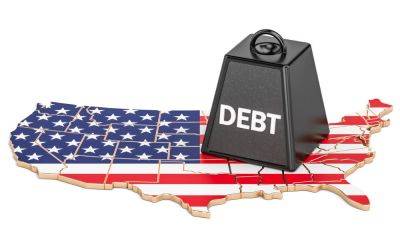Credit Suisse, BofA debt swaps under scrutiny
Bond deals arranged by Credit Suisse and Bank of America Corp. in connection with debt swaps for emerging-market issuers are facing renewed scrutiny, after the International Capital Market Association issued new labeling guidelines.
The bonds were sold over the past few years to finance so-called debt-for-nature swaps, through which sovereigns refinance their debt in exchange for marine conservation pledges. Credit Suisse and BofA labeled the bonds “blue” to reflect those commitments.
Nicholas Pfaff, deputy chief executive and head of sustainable finance at ICMA, said issuers “are using the blue bond terminology, but doing something completely different.” That’s leading to “regrettable confusion,” he said in an interview.
Spokespeople for Credit Suisse and BofA declined to comment. ICMA is the most widely followed global standard setter in debt markets, with investors, issuers and underwriters following its guidelines on a voluntary basis. The blue bonds arranged by Credit Suisse and Bank of America were sold before ICMA had set clear standards around how to label such instruments.
Blue bonds are a small but growing corner of the sustainable debt market, which is currently dominated by green bonds. To warrant a green or blue label, a bond issuer must put all the proceeds generated through a sale toward environmental (green) or maritime (blue) goals, according to ICMA.
The blue bonds arranged by Credit Suisse and Bank of America were used to help refinance over $1 billion in debt for Belize, Barbados and Gabon over the past few years, as part of a blue bond program created by The Nature Conservancy (TNC), a US nonprofit. A spokesperson for TNC declined to comment.
In all three cases, the proceeds of the bonds covered the
Read more on investmentnews.com



 investmentnews.com
investmentnews.com




















